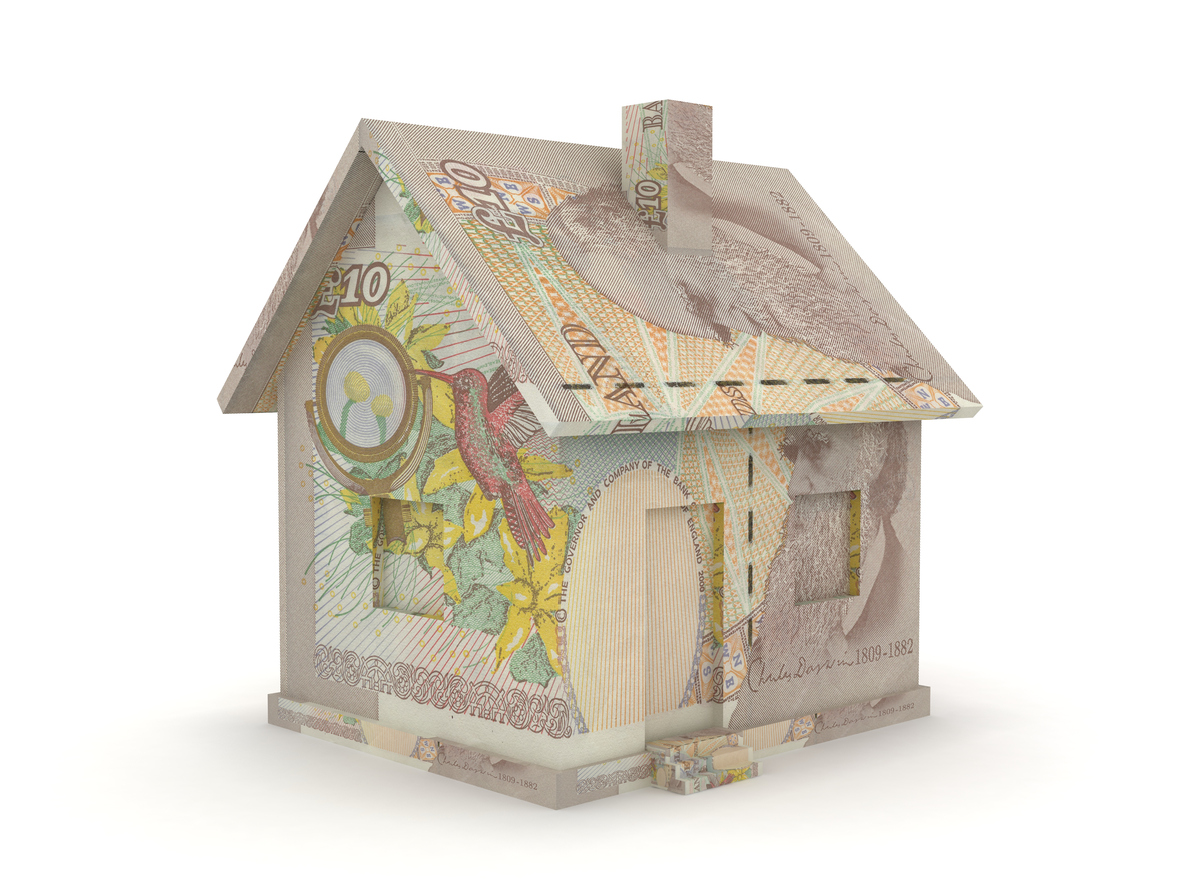How to make the most of your property investment in 2020

The UK’s property market slowed somewhat over the past 12 months, as uncertainty around Brexit meant buyers and sellers alike were unsure whether to stick or twist. However, the unpredictable political climate has not seen prices drop – quite the opposite, in fact.
According to data from the Land Registry, the average price of a house in the UK as of November 2019 stood at £235,298 – a rise of 2.2% compared to the previous year. With the general election results now offering a greater deal of clarity as we enter a new decade, will property still represent a wise investment in 2020?
Even though times may be changing, some things remain constant, and below we’ve outlined some of the ways you can maximise your investment in the property market.
Make sure the bricks and mortar are all in order
One of the surest and fastest ways to find yourself significantly out of pocket when delving into the property market is to pour money into a building that is not structurally sound. Any leaks, damp, mould or sub-standard walls and roof joists can prove extremely expensive to fix. Make sure you carry out all the relevant checks and surveys before investing and if you have any doubts about the structural integrity of the property, chances are that it won’t be worth the risk.
Interior beauty can make all the difference
Even a property that needs significant work on the inside can soon be transformed with a little expert decoration and design. Ripping up old carpets, repainting the walls, varnishing the floors and introducing new, fresh light fittings will cost you money in the short term but will prove profitable down the line, as the majority of buyers are happy to pay that little bit extra for a home that’s ready-made for them to move into.
Location, location, location
It’s a bit of a cliché when it comes to property, but location really is key when it comes to making the most of your investment. On average, homes in the North of England tend to be cheaper than those in London or the South East, but you have to ask yourself: will it be able to sell? If not, then you’re in danger of entering into a false economy. Consider the surrounding area – is it safe, what are the schools like, does it have good transport links, how well do other houses sell in the vicinity? If the answers to these questions are largely positive, it could prove a sound investment.
Read Also:

Dutch And Maltese Gaming Regulators Signs MoU To Prevent Illegal Gambling
The Purpose of MoU Under the MoU, there will be an enhanced cooperation between the…

Operators Pull Out Japan Casino Plans Amidst Uncertain Gambling Regulations
The casinos needed to submit tedious requirements before legalizing the business and face heavy taxes…

GrooveGaming Extends Contract With BetConstruct
The success of the merger showed a high demand for online casino products. GrooveGaming exploited…

Chile’s Casino Operators Receives Coronavirus Relief From Creditors, Investors
The gambling industry is among the industries which suffered the biggest losses. The casinos shut…

A Total Of 70 Gambling Ads Have Been Found By ASA, UK in Q2 2020 on Sites Familiar With Young Audience
The authority has not yet declared the names of the operators, which have been running…

Shape Games Co-Founder Indicates Their Plan To Go Completely Native
The co-founder states that this transformation is in response to tech-giant Apple's revolutionary announcement made…